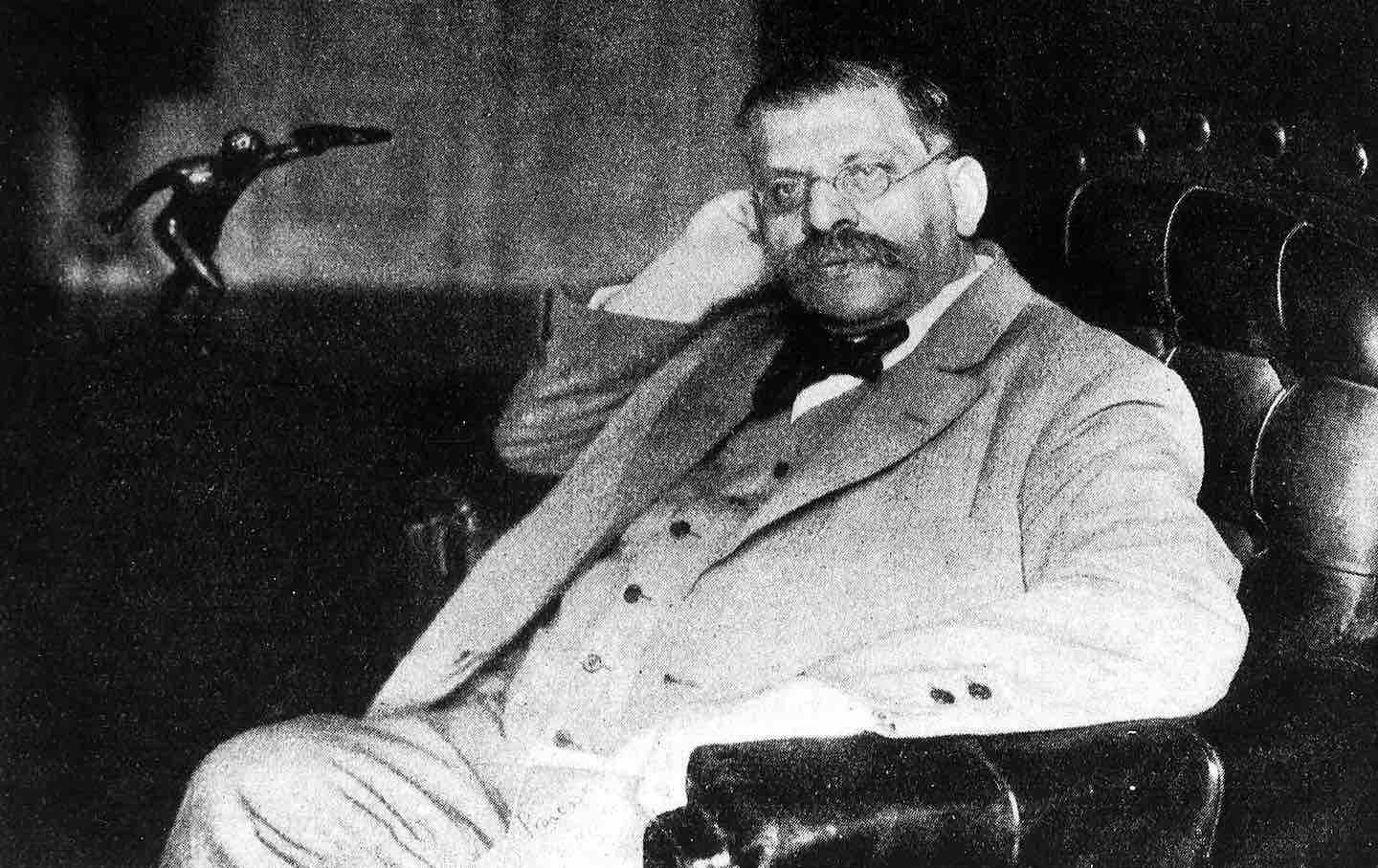
"Inside the Institute for Sexual Science, a diverse exhibition of sexual curios displayed artifacts from across the globe, including phalluses from distant cultures and unique fetishes."
"The Wall of Sexual Intermediaries at the institute highlighted photographs of individuals representing sexual diversity, reminding visitors of the blurred lines between nightlife and sexual expression."
"Magnus Hirschfeld, the founder of the institute, envisioned sex, gender, and race as fluid concepts, challenging fixed categories and becoming a target for backlash as the Nazis rose to power."
"Hirschfeld's work at the Institute for Sexual Science not only aimed to demystify sex but also offered sanctuary for individuals seeking refuge during a tumultuous time in history."
The Institute for Sexual Science represented a forward-thinking approach to sexual diversity in Weimar Berlin, featuring exhibitions of global sexual curiosities and a 'Wall of Sexual Intermediaries' depicting various sexual identities. Founded by Magnus Hirschfeld, it sought to educate and provide refuge for those marginalized by society. Hirschfeld argued against fixed notions of sex, gender, and race, positing their inherent variability. His progressive ideas ultimately made him a target during the Nazi rise to power, leading to his exile and highlighting the institute's significant role in the early 20th-century social landscape.
Read at The Nation
Unable to calculate read time
Collection
[
|
...
]